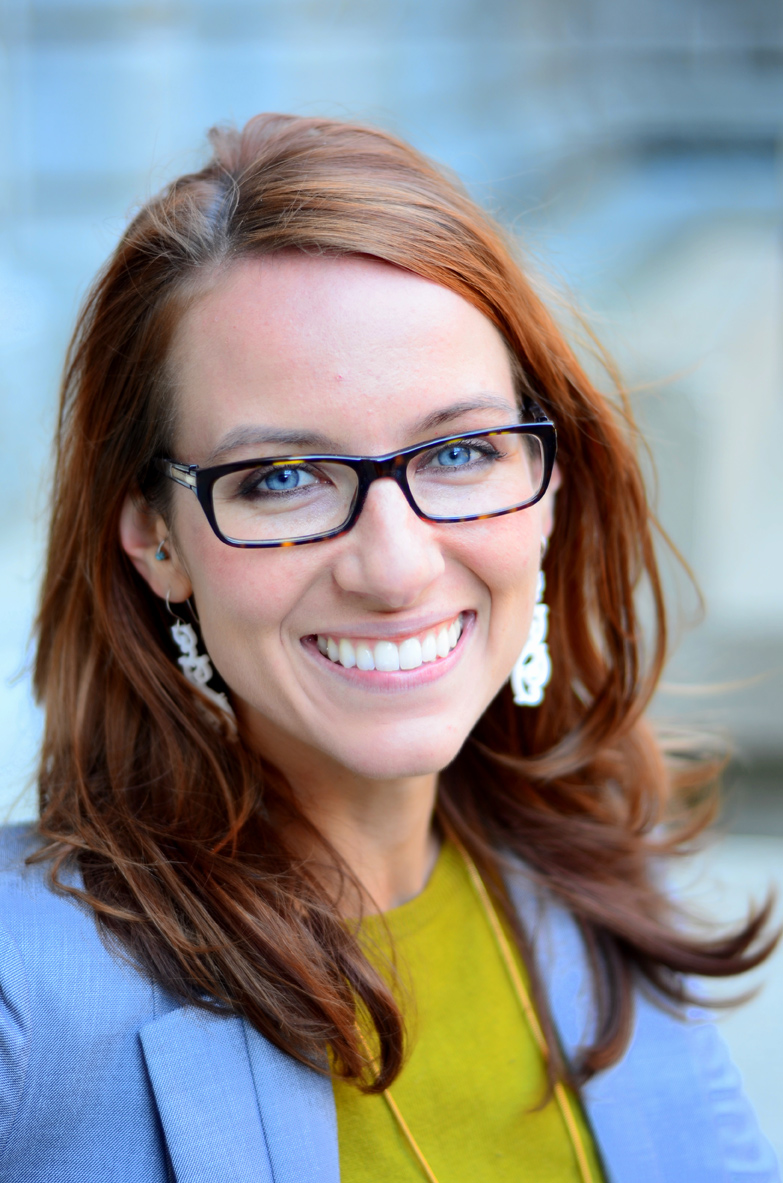Join Second Nature and the ACUPCC at AASHE 2013!

By Sarah Brylinsky, Director of Climate Resilience & Educational Programs
Join us at the following sessions during AASHE 2013 in Nashville TN, October 6th-9th! Second Nature will be presenting on topics important to you, including ACUPCC implementation, student leadership, climate resilience, and power-purchasing agreements on campus. The Second Nature staff would love to meet you if you are attending - be sure to say hello at our sessions and networking events!
Click here to see the AASHE schedule
Climate Resilience Sessions
Roadmap to Resilience: Assessing Tools and Strategies for Climate Preparedness on Campus
Panel Discussion Room #101C, Tuesday, October 8th, 1:30pm 2:30pm
Sarah Brylinsky, Director of Climate Resilience & Educational Programs, Anne Waple, Program Manager, Second Nature
While campuses have made great strides in mitigating dangerous greenhouse gas emissions, the climate is changing in a way which will require alterted strategies for building, maintenence, investment, teaching and learning in the 21st century. Institutions must take measures to assess their vulnerability and risk to climate impacts, and begin to plan and implement strategies for resiliency accordingly. Using information from the 2013 National Climate Assessment and other risk assessment, vulnerability, and climate adaptation tools, this session will cover the necessity and available strategies for understanding climate risk in higher education, and begin to explore tools and opportunities for better preparedness.
A Framework for Climate Adaptation and Resiliency Leadership
Panel Discussion Room #204, Tuesday, October 8th, 11 a.m. - Noon
Sarah Brylinsky, Second Nature, Jaimie Van Mourik, USGBC, Meghan Fay Zahniser, AASHE
With an eye to the future, AASHE, the Center for Green Schools at the U.S. Green Building Council and Second Nature will share their vision for resilient and sustainable campuses. More specifically, they will define resiliency and climate adaptation, explain the imperative for action for campus leaders, outline a framework for climate adaptation and address the largest barriers and opportunities for meeting institutional goals. Upon providing this framework for consideration, campus stakeholders will be invited to share their perspective on how they have approached these issues in the past and how they hope to address them in the future. Participants who are interested in having a candid conversation about balancing idealism with the pragmatic realities of campus life are encouraged to attend.
ACUPCC Implementation Sessions
ACUPCC Implementation Liaison Networking Meeting
Networking Event, Room #201A, Tuesday Oct. 8, 2013, 4:45 p.m. - 6 p.m.
Brett Pasinella, Kresge Implementation Fellow
The ACUPCC Implementation Liaison Networking Meeting is an interactive workshop designed to allow personnel at signatory institutions of the American College & University Presidents' Climate Commitment (ACUPCC) to make connections, share stories, and create a comprehensive learning network across the ACUPCC. The meeting is an opportunity to participate in intensive group discussions to identify opportunities, and explore solutions to implementation of the ACUPCC, including reporting challenges, leadership transitions, Climate Action Planning, greenhouse gas inventory completion, and tracking ongoing progress of mitigation and education programs. This meeting is open to Implementation Liaisons and other staff involved in implementation at ACUPCC campuses.
On-site Power Purchase Agreements 101: What you really need to know
Panel Discussion, Room #207D, Monday Oct. 7, 2013, 2:50 p.m. - 3:50 p.m.
Joel Thomas, Business Development Manager, Community Energy, Blaine Collison, EPA GPP Program Director, Sarah Brylinsky, Director of Cliamte Resilience & Educational Programs, Second Nature, Keri Enright-Kato, Project Manager, Yale University
In an effort to address climate change universities across the nation have made formal commitments and set targets to reduce campus greenhouse gas emissions. They are now grappling with how they can achieve their reductions while at the same time growing in gross square footage and population. Offering outstanding economic and environmental opportunities for universities, on-site renewable energy generation may be the way to achieve both. With the advent and evolution of third-party financing via Power Purchase Agreements (PPAs), universities are able to access private capital and turn-key deployments, fundamentally changing the nature of financing renewable energy. A PPA allows a third party developer to own, operate and maintain the renewable energy system while the university makes a commitment to host the system and purchase the electrical output through a long term contract.
Student Leadership Session
Building an Inclusive Climate Justice Movement on Campus across Race, Class, and Gender Lines
Workshop, Sunday Oct. 6, 2013, 9:00am - 11:00am | Room #202B
Axum Teferra, Kresge Recruitment & Engagement Fellow, Sarah Brylinsky, Brett Pasinella, and Gabriela Boscio, Second Nature
